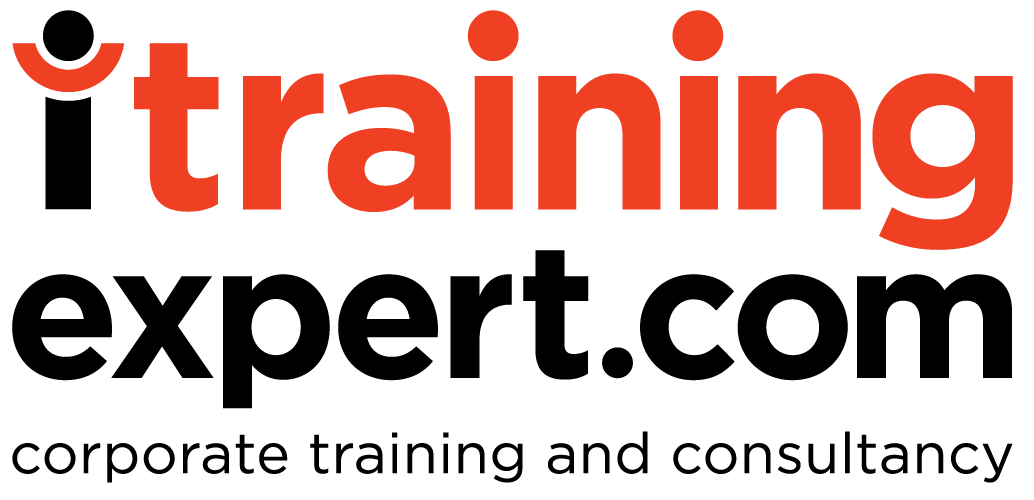
Overview
The carriage of goods by air and sea plays an important role and a vital link in the businesses, commercial and social development of any countries. These transportation modes bring forth raw materials for production and finished goods for consumption. Hence, the holistic understanding of the air and sea movement dynamics would ensure more success in market and company competitiveness position and sustainability.
Learning Outcomes
Who Must Attend
The course is specially designed for enhancing skills and broadening knowledge.
A mandatory course for executives and managers in the shipping, logistics, and distribution functions and roles.
Useful and beneficial to executives and managers from supply chain management, finance and cost management, customer and order management, supplier and purchasing management, sales, and marketing management.
Course Details
Methodology
A workshop based training style with lecturing and case study simulation. Group and individual assignments for reinforcement of learning points.
Course Leader
MBA (US)
Certified Trainer HRD Corp
Fellow of The Institute of Logistics & Transport,
Fellow of The Institute of Business Administration
Former Vice-Chairman of the Persatuan Logistik Selangor
Co-founder of Global Logistician Network (GLN)
Testimonies
“In this online course, I learned so much about Strategic Sourcing, Logistic, Supplier Relationship, SOW, Incoterm 2020, Marine Insurance CIF. After the course, I feel so much more confident in understanding the entire Logistics canvas. The trainer is very knowledgeable in the subject matter.”_ Mohd Azlan Bin Mustaffa, Head of SIRIM
“Before attending the course, I was excited to learn about procurement management. During the course, I learned about The Relationship Between Procurement, Supplier Management, and Purchasing, 3 golden rules negotiation, framework in purchasing, incoterms 2010 and 2020. After the course, I feel so good because I gained so much new knowledge about strategic procurement, Negotiation, and incoterms.”
“Good training and trainer. I have gained so much knowledge and experience after attending this training in Procurement. Mr. Stephun Kum, the expert training is able to answer all my questions and his lectures and explanation are easy to understand.” _Khairil, SIRIM
Investment
| Normal Fee |
| Sign up 1 pax |
| Pay 1 day(s) before course starts |
| MYR 2,990.00 |
| USD 890.00 |
| Early Bird |
| Sign up 1 pax |
| Pay 14 day(s) before course starts |
| MYR 2,590.00 |
| USD 760.00 |
| Group Fee |
| Sign up 3 pax or more |
| Pay 1 day(s) before course starts |
| MYR 2,390.00 |
| USD 700.00 |
Payment mode:
1. ONLINE PAYMENT by Credit card: You can opt to register and pay online with our latest payment integration system through our website.
2. Telegraphic Transfer- You can also opt to use GIRO or telegraphic transfer of payment via international banks.



